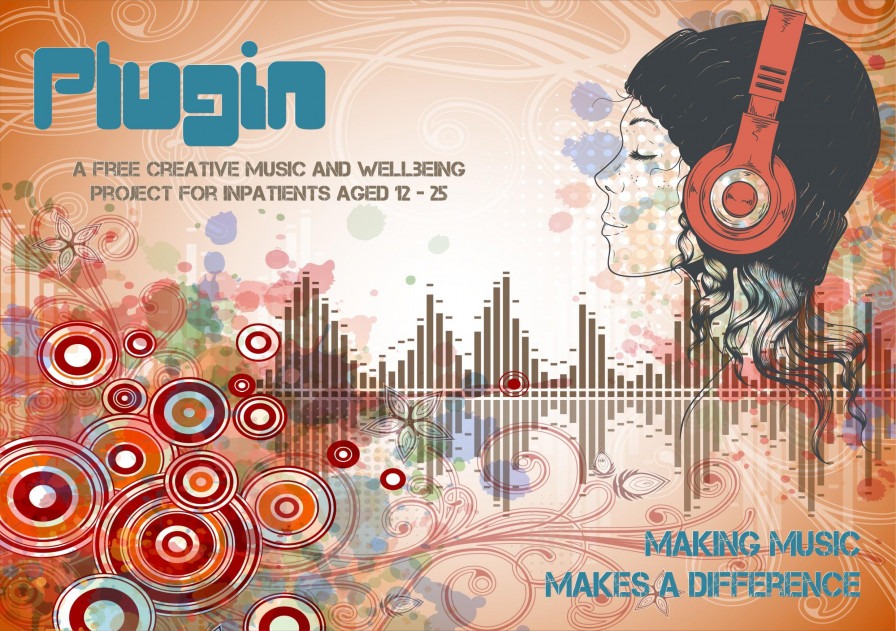What I’ve Learnt On The Plugin Project - Sam Strachan (Young Music Leader on Quench Arts’ Plugin project)

For me, Plugin has been a unique learning experience. As a Young Music Lead (YML), I’ve had opportunities for formal training in key areas, which have helped me to develop both professionally and personally. Furthermore, every young person, every session, has offered me new lessons in facilitation, music and simply how to coexist as human beings.
In May 2022 I attended a Youth Mental Health First Aid course, which offered opportunities to learn about responding to young people in crisis and cultivating positive mental health within myself. One section of the course focused on listening skills; course participants practised listening to each other, and received feedback on how our posture, facial expression, and verbal feedback might affect a young person. As a result of this, in Plugin sessions I now ensure that I give participants time to speak uninterrupted, offer them unchallenging eye contact and physically turn my body towards them whenever they communicate. This has allowed me to connect with participants quickly, and to sustain connections with them thereafter. In some cases these opportunities to feel listened-to appeared to have a liberating effect on participants, creating an atmosphere of support that allowed them to flourish creatively.
I also took part in an autism awareness course, administered at the Parkview Clinic by Birmingham Children’s Hospital. Having worked with autistic youth previously, I was interested to see what insights might be gleaned from perspectives specific to the mental health sector. Through candid, sensitive discussion and teaching, the facilitator laid out the relationship between autism and various mental health conditions, and dispelled harmful myths supported by research and lived experience. When I left the session, my head was whizzing with new questions. My main takeaway was that I needed to develop my listening skills even further. Was I, through a neurotypical approach to listening, missing out on ways to connect with autistic participants? Was I creating the right space for autistic participants to express themselves? I was able to apply my learning by exploring these questions in my practice, negotiating these questions internally during sessions. I’ve been able to expand my listening skills due to this training, and I hope that my practice has become more accessible as a result.
Perhaps the most profound learning experience I had was at Ardenleigh Hospital, where I visited to perform as part of Plugin along with another YML. I was a little nervous - other practitioners had mentioned that many of the participants there were passionate about UK grime and drill, and I wondered whether my own brand of sloppy pseudo-folk-groove would send them to sleep. What ensued was probably the most fulfilling performance experience of my life. I felt connected to the participants in the audience at Ardenleigh in a way that is hard to describe; I felt that I was truly sharing something with them, rather than just performing to them. In a Q&A session, one participant said that he’d never been to a gig or seen a live singer before; he seemed quite emotional. The participants seemed energised, and I felt that our presence had made an impact. I felt great.
There are lots of lessons I’ve drawn from this experience, but I think the most important one is this: turning up is important. By spending time with someone, we communicate that this person is important and worth spending time with. We make that person visible and valued. By turning up, either consistently in regular Plugin sessions, or as a special occasion for a performance, we communicate to participants that we care about them. Perhaps this was why the performance felt so special - both I and the participants showed each other that we care.
I’m enormously grateful for the experiences I’ve had during the Plugin project. I would recommend this to anyone interested in connecting with young people through music.
